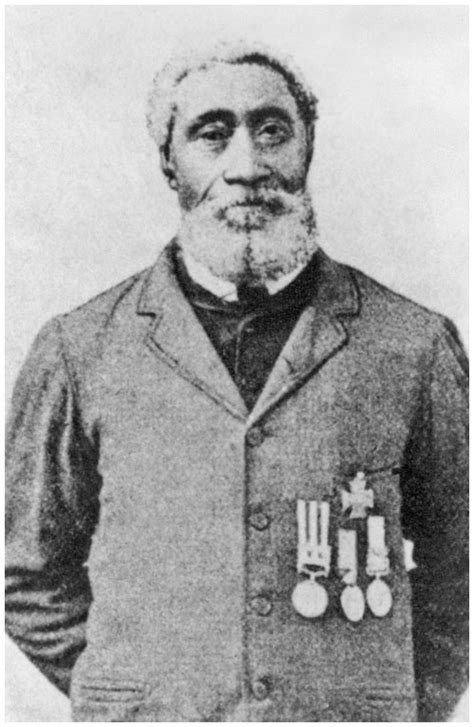A Quote by C. S. Lewis
For the church is not a human society of people united by their natural affinities but the Body of Christ, in which all members, however different, (and He rejoices in their differences and by no means wishes to iron them out) must share the common life, complementing and helping one another precisely by their differences.
Related Quotes
Imagine an extrahuman observer looking at us. Such an extrahuman observer would be struck precisely by the uniformity of human languages, by the very slight variation from one language to another, and by the remarkable respects in which all languages are the same. And then he would notice we do not pay any attention to that because for the purpose of human life it is quite natural and appropriate just to take for granted everything that is common. We don't concern ourselves with that, all we worry about are differences.
The church is only the church when it exists for others. To make a start, it should give away all its property to those in need. The clergy must live solely on the free-will offerings of their congregations, or possibly engage in some secular calling. The church must share in the secular problems of ordinary human life, not dominating, but helping and serving. It must tell men of every calling what it means to live in Christ, to exist for others.
Is it not possible to look beyond the canes, the wheelchairs, the braces, and the crutches into the hearts of the people who have need of these aids? They are human beings and want only to be treated as ordinary people. They may appear different, move awkwardly, and speak haltingly, but they have the same feelings. ... They want to be loved for what they are inside, without any prejudice for their impairment. Can there not be more tolerance for differences-differences in capacity, differences in body and in mind?
Let us not be blind to our differences-but let us also direct attention to our common interests and to the means by which those differences can be resolved. And if we cannot end our differences, at least we can help make the world safe for diversity. For, in the final analysis, our most common link is that we all inhabit this small planet. We all breathe the same air. We all cherish our children's future. And we are all mortal.
As a social anthropologist, I naturally accept and even stress the fact that there are major differences, both mental and psychological, which separate the different races of mankind. Indeed, I would be inclined to suggest that however great may be the physical differences between such races as the European and the Negro, the mental and psychological differences are greater still.
Therapy isn't curing somebody of something; it is a means of helping a person explore himself, his life, his consciousness. My purpose as a therapist is to find out what it means to be human. Every human being must have a point at which he stands against the culture, where he says, "This is me and the world be damned!" Leaders have always been the ones to stand against the society - Socrates, Christ, Freud, all the way down the line.
Men of widely divergent views in our own country live in peace together because they share certain common aspirations which are more important than their differences.... The common responsibility of all Americans is to become effective, helpful participants in a way of life that blends and harmonizes the fiercely competitive demands of the individual and society.
Simple exchanges can break down walls between us, for when people come together and speak to one another and share a common experience, then their common humanity is revealed. We are reminded that we're joined together by our pursuit of a life that's productive and purposeful, and when that happens mistrust begins to fade and our smaller differences no longer overshadow the things that we share. And that's where progress begins.
Institutionalized rejection of differences is an absolute necessity in a profit economy which needs outsiders as surplus people. As members of such an economy, we have all been programmed to respond to the human differences between us with fear and loathing and to handle that difference in one of three ways: ignore it, and if that is not possible, copy it if we think it is dominant, or destroy it if we think it is subordinate.




































